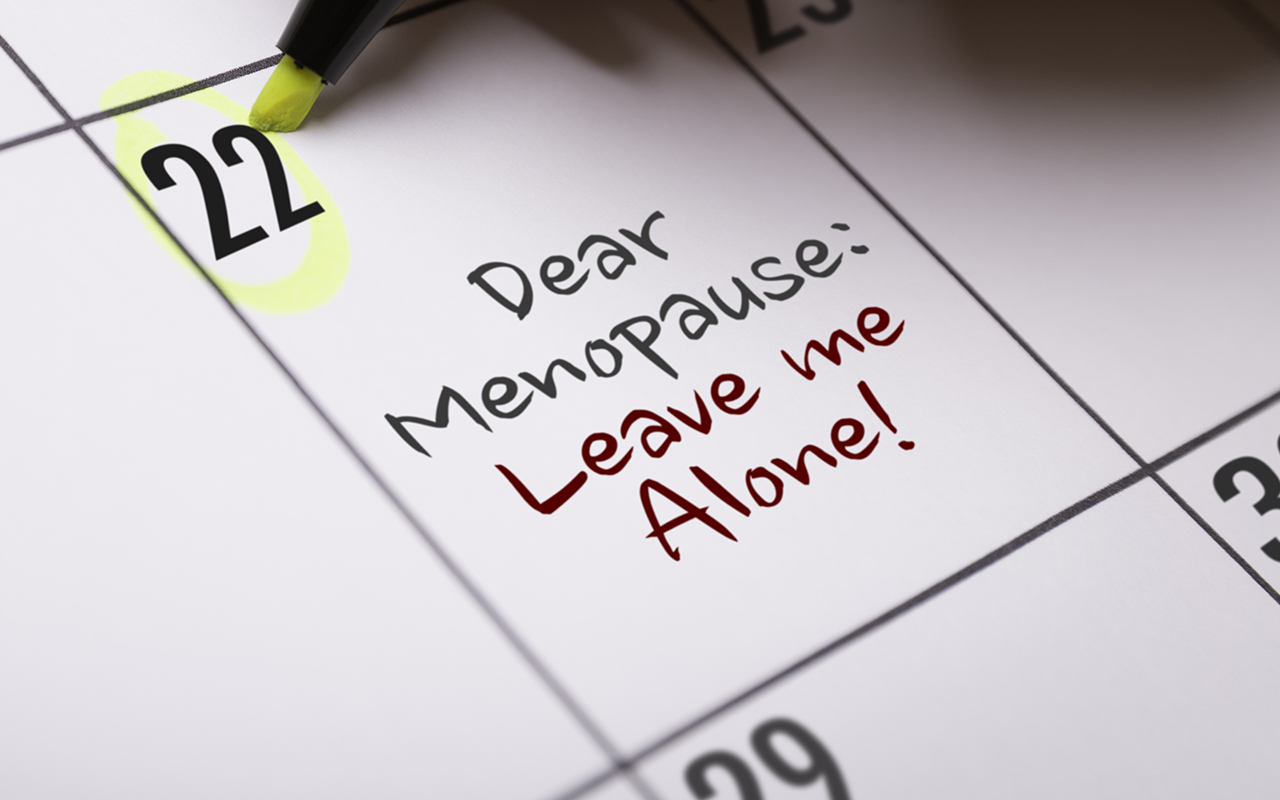WHEN a woman of menopausal age presents to a GP with signs of depression, hormone replacement therapy should be on the list of treatments alongside antidepressants, says an Australian expert.
Professor Jayashri Kulkarni, Director of the HER Centre Australia at Monash University, told InSight+ that menopausal depression was underdiagnosed, underfunded and under-researched, but was a significant factor in the mental health of women of menopausal age.
“Hormone replacement therapy should definitely be considered an option,” she said.
Writing in Nature last week, Professor Kulkarni said that “depression caused by menopause can be more severe than that experienced by pre- and post-menopausal women (or by men of any age)”.
“Not coincidentally, suicide rates for women also are highest in the 45–64 age group,” she wrote, citing US research by Curtin and colleagues.
Professor Kulkarni wrote that there were several reasons why menopausal depression had not received enough attention, including the fact that it is not recognised as a specific condition in any of the standard diagnostic manuals.
“As with many aspects of women’s mental health, menopausal depression is down the bottom of the barrel when it comes to research funding and clinical trials,” she told InSight+.
“Patients in this group are caught between two hard rocks.
“On the one hand, there is the misogynistic far right wing which has no interest in women’s health generally. On the other hand are the far left-wing feminists who don’t want to talk about hormones, because they don’t want women in leadership positions to be seen as being at the whim of their hormones,” said Professor Kulkarni.
Where does that leave GPs with patients presenting with menopausal depression?
“GPs are the cornerstone in terms of management of these patients,” she told InSight+. “They know the patient best and are in the perfect position to diagnose and treat menopausal depression.”
One barrier treating doctors must overcome, however, is a reluctance to prescribe hormone replacement therapy.
“The good news is that hormone treatments such as oestrogen therapy can be an effective way to treat the condition — either as an adjunct to antidepressants or as a solo first-line treatment [here and here],” Professor Kulkarni wrote in Nature.
“Yet there remains considerable reluctance to use them; in many cases, a diagnosis of any form of depression still leads to an automatic prescription of an antidepressant.”
That reluctance stems from the 2002 trial from Rossouw and colleagues from the Women’s Health Initiative (WHI) which received headline media attention. The study was halted early because “the test statistic for invasive breast cancer exceeded the stopping boundary for this adverse effect and the global index statistic supported risks exceeding benefits”. The authors reported increased risk of breast cancer, heart disease, stroke, and blood clots.
“The WHI study has been refuted since, but once things like that hit the media headlines, it is very difficult to turn things around,” Professor Kulkarni told InSight+.
“Hormone replacement therapy has also advanced, including the development of synthetic selective oestrogen-receptor modulators, which should improve safety.”
Professor Kulkarni urged GPs, psychiatrists and other mental health practitioners treating women in their 40s and 50s to ask them about menopause at the start of treatment, and to be willing to prescribe hormone treatments.
Meanwhile attempts are being made to have menopausal depression considered as a specific condition as part of clinical guidelines.
“We need more funding for research, particularly head-to-head clinical trials,” Professor Kulkarni told InSight+.
Associate Professor Vinay Lakra, President of the Royal Australian and New Zealand College of Psychiatrists told InSight+ that:
“The College supports increasing the awareness of menopause as a time of vulnerability to depression – both new onset and relapse for women who have previously had depression.
“Access to expert multi-disciplinary care where both mental health and hormonal treatment options can be safely accessible and individually considered in terms of likely risks and benefits can be highly beneficial.”
Subscribe to the free InSight+ weekly newsletter here. It is available to all readers, not just registered medical practitioners.

 more_vert
more_vert
I have had a stage one breast cancer, caught early, removed, and then had radiation for 30 days. it seemed a drop in the ocean compared to the effects of my menopause. My oestregen levels dropped from over 450 to 70. I have suffered weight gain muscle loss, joint pain, hot flushes, interrupted sleep, total loss of libido and seem unable to make muscle, regardless of exercise. And yes, I experienced depression, but with all these symptoms, is it any wonder? I feel it should be my risk to take if I choose to go on HRT., but no doctor will prescribe it for me . I have had these symptoms for more than 10 years now – I feel like an old lady, but am not yet 60.
No mention of testosterone replacement that clearly elevates mood-call it depression if you like or perhaps pseudodepression.